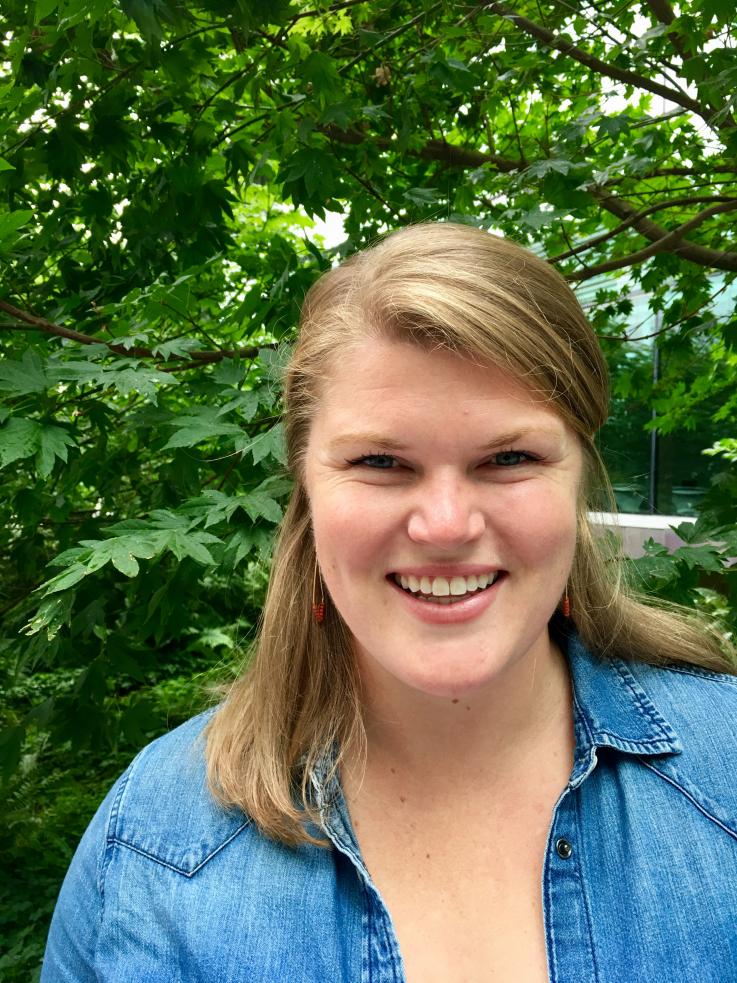March 22 is World Water Day. UN Water's 2019 theme, "leaving no one behind," focuses on marginalized groups - women, children, refugees, indigenous peoples, disabled people and many others - who are often overlooked and face discrimination as they try to access and manage the safe water they need.
Katie Madson is a Masters student in the Department of Global Health (DGH) and is a Program Coordinator on the Water, Sanitation & Hygiene (WASH) team at the Bill & Melinda Gates Foundation. She works on the Urban Sanitation Markets initiative to help provide city-wide, inclusive sanitation through new service models, market structures, and approaches and technologies to serve different community needs and settings.
Can you describe your role on the team and how you developed an interest in WASH?
In partnership with our Program Officers, I support both the development of grants and grant management, as well as support strategy development for our work in urban sanitation. While working on this team I’ve learned that poor sanitation, especially in growing urban centers, is a silent killer - when it’s not addressed, untreated waste infects water sources and causes widespread disease. Safe sanitation is important to me because it is often an ignored and neglected topic, yet it has significant health implications and is a human right for all.
What does World Water Day mean to you?
To me, World Water Day is about bringing awareness to all the ways that water touches our lives and our responsibility to make sure it’s available and clean for all. This includes learning about the importance and health impacts of clean water, being conscious about our water usage in our daily lives, and exploring new ways to protect water sources through innovative sanitation solutions.
Can you describe your experience in the DGH program so far? What are your future plans?
The Department of Global Health has exposed me to a diverse set of health topics and provided me with the analytical skills to address health disparities through health programming, research, and monitoring and evaluation. I am especially interested in social determinants of health and how our cultural contexts influence health. In the future I look forward to integrating these skills into the development sector to bring together funders, governments, and practitioners to address health and development challenges.
